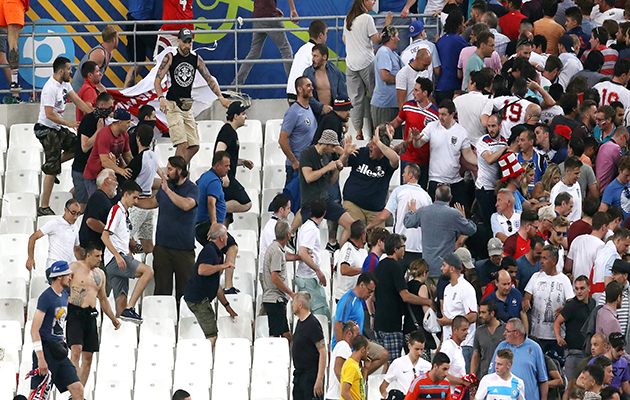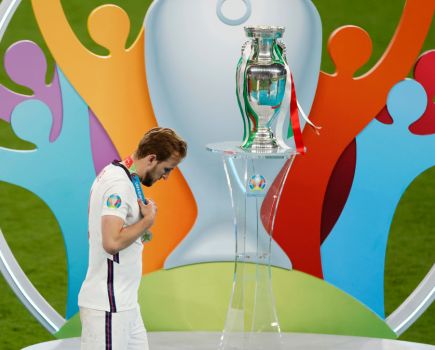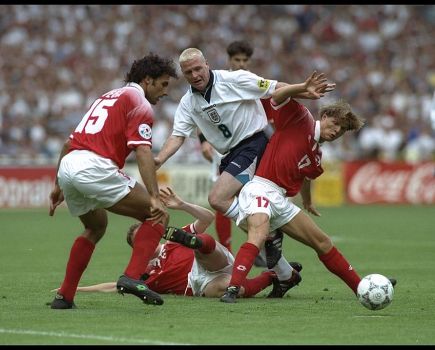Russia and England have been warned that they could be kicked out of Euro 2016 if their fans repeat the bloody and violent disorder which scarred and marred the tournament’s opening three days in Marseille.
UEFA issued the caution on launching an investigation into events both in the Vieux Port ahead of the game and then in the Stade Velodrome when Russian thugs hunted down English fans allocated tickets in the same end of the stadium.
However the European federation must address major concerns about its own role in failing to ensure adequate segregation provision – and not for the first time.
Russian fans were enabled to attack English supporters because both had been grouped at one end of the ground, albeit with the Russians in a two-thirds majority of the seating. The lack of an English-style ‘clear zone’ or effective numbers of security staff made it easy for the troublemakers to charge across the aisles and seating with malice aforethought at the final whistle.
Similarly, UEFA was guilty of lax planning and provision at the Europa League Final in Basel last month when fans from Sevilla and Liverpool were seated side by side. When trouble erupted at the end of the match security staff – as in Marseille – were minimal in evidence and slow to attend the scene.
UEFA makes great play of prioritising its own name in promoting the European Championship; this is, officially, UEFA EURO 2016 to which it owns the right as organiser of the competition and owner of the brand in millions-generating commercial and broadcasting terms.
Hence, even though it is currently leaderless – lacking a president and a general secretary – it cannot shirk its own status as the body holding ultimate responsibility for everything which goes on in the stadia.
Not only the goals and the glory but the problems provoked by poor planning. Fans expect the teams to prepare properly for the tournament and they have every right to expect properly meticulous preparation by UEFA.
England v Russia in Marseille was always going to be a powder keg of a game. This was no secret. Fears of trouble were expressed within minutes of the draw being made last December, six months ago. The venue, at least, could have been changed. Instead, the ‘only’ response was shuffled off to the governmental authorities who duly drafted in extra security personnel to police the streets.
UEFA simply did not do everything within its power ahead of the game to minimise the danger.
England fans were not blameless; neither were French local troublemakers (Will the French federation face punishment?). But, as more and more victims’ reports drifted in, it also became clear that Russian hooligan gangs had organised themselves for the fight.
In the stadium, at the end of the game, all the Russian fans should have celebrating their team’s great escape with a 1-1 draw. Instead, Nicola Rizzoli’s final whistle had been clearly assigned the role as starting signal for the hooligans to charge.
For those of us who were at Heysel, the scene as England fans retreated against the edge of their sector, was horribly reminiscent of events in Brussels in 1985. On that tragic occasion a contributory cause in the 39 deaths was the organisers’ failure to ensure a solid segregatory division between fans of Juventus and Liverpool in the same end of the ground.
Hooligans charged; fans died. In Marseille, hooligans charged and the fact that no-one died in the stadium as a result was mere happenstance.
The occasion in 1985 was a Champions Cup Final. The ultimate authority responsible for the staging of that game was UEFA.
Has nothing been learned in 41 years?







